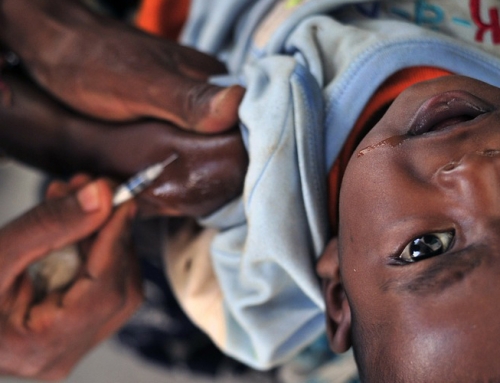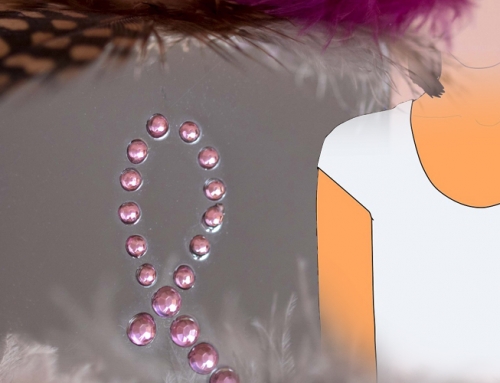Many people often have trouble carrying on with their day-to-day exposure to lead. Over the past years, there has been some progress on reducing exposure to lead. However, there are some people that have to deal with lead in their communities. I took it upon myself to do a little more research on lead and I came across this article from the U.S. National Institutes of Health (NIH) that discusses the association between exposure to lead and poor health. After reading this article, I have learned a lot on how lead can impact our human health. The findings are intriguing and so I wanted to share widely.
Lead is a metal that is found deep in the ground and is found in small amounts, like silver, zinc, or copper. Lead can be identified in the soil, old homes, household dust, drinking water, pottery, airplane fuels, toys, and inexpensive metal jewelry. Lead can enter the body through inhaling or eating it. As we may all know, children are mostly to get exposed to lead because they like to put anything in their mouths. Currently, there is an approximately 4 million households that have children that are exposed to high levels of lead. There are half a million U.S. children between the ages of 1 and 5 with blood lead levels above 5 micrograms per deciliter, which is the government-prescribed minimum lead level.
Being exposed to lead can cause numerous health issues, such as nerve disorders, decreased kidney function, cardiovascular issues, and fertility issues. The magnitude of these health issues is a more reason why I think we should all try to stay clear of lead at our homes or any other building. There are medications that can help people have lead in their bodies, but are not recommended to children that have a blood lead level lower than 45 micrograms per deciliter.
Nonetheless, there are many ways that you can use to prevent your family from being exposed to lead. These include:
- Avoid storing food in imported pottery and dishware;
- Observe any recall toys and jewelry by visiting the consumer product safety commission; and
- Call the local health department about any lead that may be in the paint, dust, or drinking water that may be in your home.
Learning about lead and the impact it can have on a person’s health is important because it can create awareness of this issue and teach people on how to handle these types of situations when it occurs. This article was informative. I hope you find it informative too and may have learned one or two ways in which you can protect lead exposure and protection from its effects.
For more information, take a look at what we are doing at the Health, Environmental Education and Awareness (HEEA) program. At the HEEA day, we educate members of our community on the relationship between the environment and public health. Experts share nuggets of life-saving health and environment information in a joyful and entertaining atmosphere.
While doing the research for this article, I can tell you one thing: human health is rather truly complex. But there is hope. One way to achieve hope is to obtain and empower ourselves with the latest information and research on different health conditions is important for protecting your health. There are a lot of valuable information published by health care providers, researchers and other experts from around the world. You can read this free and updated information on health issues affecting mothers, women, children and families online at the International Journal of Maternal and Child Health and HIV/AIDS. You can also read other interesting articles on public health, medical research, and how research is changing our lives at IJTRansmed.
You can read more at www.niehs.nih.gov; here at https://globalhealthprojects.org/programs/environment/heea-program/ or at https://www.cdc.gov/nceh/lead/default.htm or https://www.cpsc.gov/Recalls
*At the time of writing, Ms. Kanisha Blake, MPH (Epidemiology) was a public health intern at the Global Health and Education Projects, Washington, DC, USA, under the mentorship and supervision of Dr. Romuladus E. Azuine.






